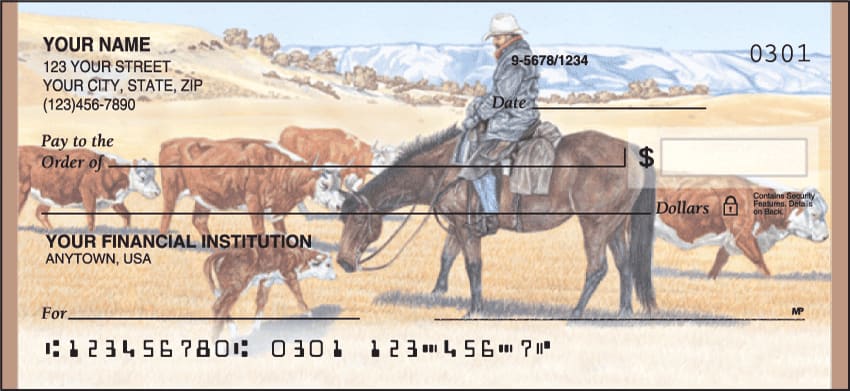
A check is a written or signed instrument that directs banks to pay an amount of money to the person who issued it. The person or entity that is writing the check is referred to as the payor or drawer and the person to whom the check was issued is the payee. The drawee, however, on the other side, is the bank where the check is drawn.
Top cowboy checks are able to be cashed or they can be deposited. When a payee brings an unpaid check to a financial institution or another financial institution to discuss the payment, the money is drawn from the payee’s bank account. It’s another method to direct the bank to transfer funds from the payment account to the payee or the account of the payee. Checks are typically drawn against a checking account, however they can also be used to trade the transfer of funds from a savings account or any other type of account.
The Finance Ministry has declined the suggestion of a check book ban for encouraging digital transactions declaring that the government has no plans to end it. Here’s why Indian businesses love checking books.
India is going through a massive digital revolution. A mere rumor of the government withdrawing checkbooks created enough furor. And, why? Since businesses continue to love their checkbooks to transfer money. Yes, India is moving -slowly — toward an entirely cash-based economy, but cheques remain a significant source of money.
According to RBI figures, in August there were cheque transactions that totaled around Rs 6,224.34 billion, three times as much as debit card transactions, and approximately 10 times greater than transactions using mobile wallets even with digital transactions increasing in the post-Demonetisation age. This is why businesses love checkbooks, even when they’re changing to digital
Chargeless:
If it’s digital transactions or other variations of the traditional financial instrument, there is a charge for each. Writing a cheque costs nothing.
Traditional:
Cheques are an integral part of India’s payment landscape. In the past, businesses have gained a sense of trust and confidence when it comes to the writing of cheques. Additionally, alternatives like the ability to secure payments due in the future are now available through post-dated cheques.
Secure:
Digital transactions do not come without cyber security risks. Cheques are safer, they can be handed over to someone and then the person who received the money within his accounts. It is natural for businesses to pick a method that is safer especially when a significant amount is involved.
Convenient:
- And, most importantly, in India in which a large portion people are struggling to get used to the digital age, especially in the rural and small regions, writing a check is more practical than using a cellphone by entering the password and also making sure that the network has strength, internet connection et al.
- While cheques are convenient, they have negatives as well. While online transactions are quick, cheques may take 2-5 days to be cleared, but If it’s safe in terms of cost, convenience and speed what business would want to shift to another mode of payments in the absence of a motivation?
- Pinky Khanna The Personal Tax expert at EY India, says, “Cybersecurity threats, protection against frauds and the elimination of transaction costs from digital transactions are some of the main steps that must be taken prior to the time when cheque books are taken out of circulation. …. Furthermore, education for older people and those in smaller cities remains key to making this a success.”